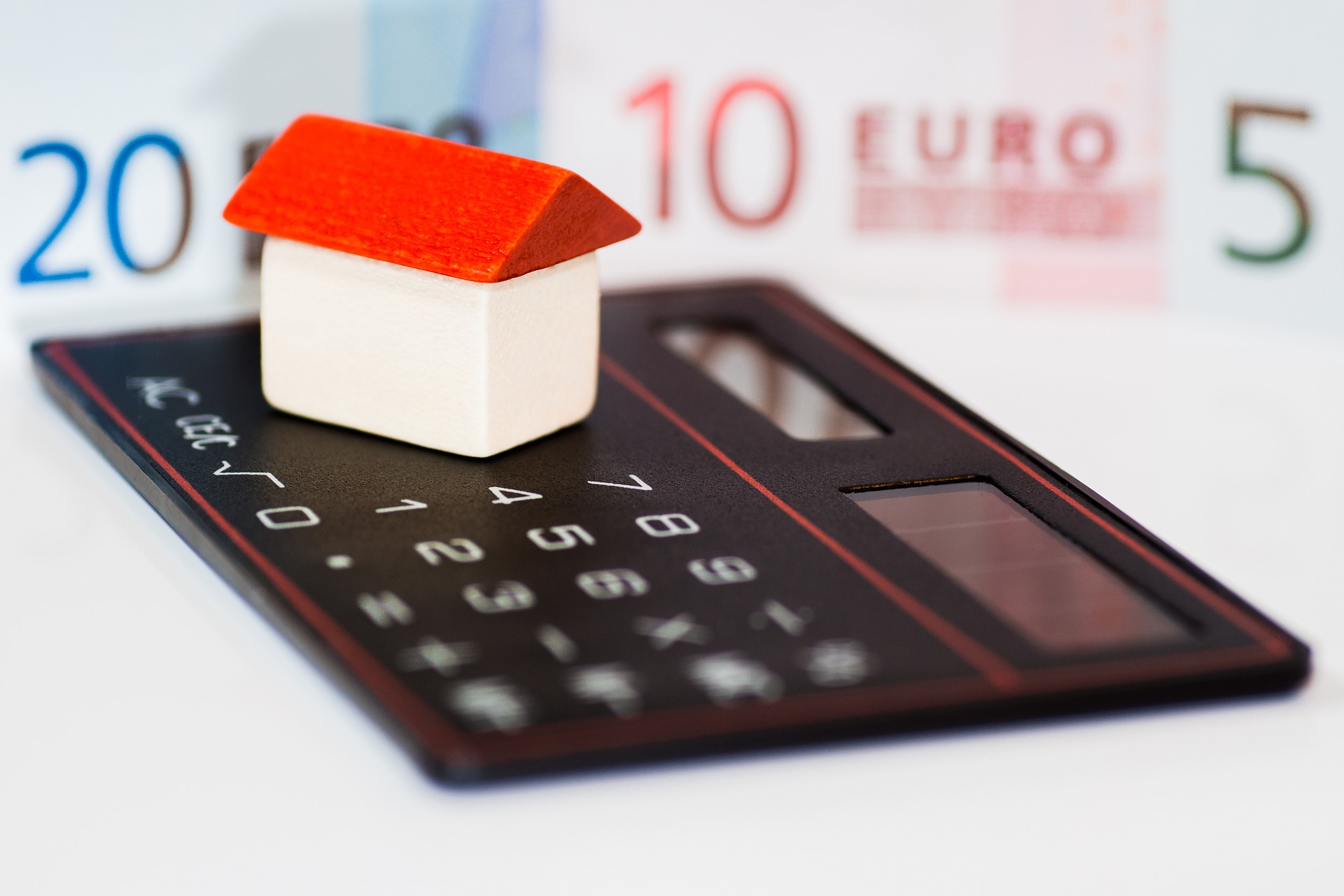What factors influence the appraised value of a house in Mauritius?
In Mauritius, the estimated value of a house is determined by a number of factors. These include the location of the property, its size, the condition of the building, the type of building materials used, the number of bedrooms and bathrooms, and the presence of any amenities such as a swimming pool or garden. Other factors that can influence the estimated value of a home include the presence of security measures, the level of maintenance and the availability of public transport.
Location is an important factor in determining the estimated value of a home in Mauritius. Properties in prime locations, such as near the beach or in a popular residential area, are likely to have a higher rateable value than those in less desirable areas.
The size of a property is also taken into account when determining the rateable value. In general, larger properties tend to have higher assessment values than smaller properties.
The condition of the building is very important in assessing its value. Buildings in good condition are more likely to be valued than those that are dilapidated.
The type of building materials used also affects the rateable value. Houses built from high-quality materials such as brick or stone tend to have a higher rateable value than those built from wood or other less expensive materials.
The number of bedrooms and bathrooms, as well as the presence of amenities such as a swimming pool or garden, can also influence the assessed value. Properties with more bedrooms and bathrooms, as well as those with amenities, tend to have a higher rateable value.
The presence of security measures, such as gated communities, can also affect the appraisal value of a home. Properties with security measures tend to be valued higher than those without.
Finally, the level of maintenance and the availability of public transport can also influence the valuation value of a house. Properties that are well maintained and have access to public transport are likely to have higher valuation values than those that do not.
What is the difference between the appraised value and the market value of a house in Mauritius?
When it comes to understanding the difference between the appraised value and the market value of a house in Mauritius, it is important to consider the different contexts in which these two values are used. The appraised value is the estimated value of a house based on factors such as the local property market, the condition of the house and other factors. This value is used by the government to determine the amount of tax due on the house. The market value, on the other hand, is the amount a buyer would be prepared to pay for a house, taking into account all its features and the current property market.
The estimated value of a house in Mauritius is determined by an valuer who takes into account the local property market, the condition of the house and other factors. This value is generally lower than the market value of the house, as it does not take into account the potential of the property or any improvements that may have been made. In addition, the assessed value is generally based on the market value of similar properties in the area.
The market value is determined by the current property market and the characteristics of the house. This value is generally higher than the assessed value because it takes into account the property’s potential, any improvements that may have been made and the current property market. In addition, the market value is generally determined by comparing the house with similar properties in the area.
In conclusion, the estimated value of a house in Mauritius is based on factors such as the local property market, the condition of the house and other factors, while the market value is determined by the current property market and the characteristics of the house. Both values are important to consider when looking for a house in Mauritius, but they should be used in different contexts.
What are the advantages of knowing the difference between the estimated value and the market value of a house in Mauritius?
Knowing the difference between the assessed value and the market value of a house in Mauritius can be beneficial for both sellers and buyers. The rateable value is the value of a house as determined by the government for tax purposes. The market value is the amount a buyer would be prepared to pay for the house on the current market.
For home sellers
Knowing the appraised value and market value of a home can help sellers set a realistic price for their property. The appraised value is often lower than the market value and can be used to determine a realistic asking price for the property. In addition, a good knowledge of local market values can help sellers create attractive prices and negotiate better deals.
For home buyers
Home buyers can benefit from knowing the appraised value and market value of a property. The appraised value can be used to determine whether the asking price for the property is fair and in line with current market conditions. In addition, buyers can use appraised and market values to negotiate a better deal when making an offer on a property.
En conclusion, avoir une compréhension de l’évaluation et de la valeur marchande d’une propriété à Maurice peut être bénéfique pour les vendeurs et les acheteurs. Connaître les valeurs estimées et les valeurs marchandes peut aider les vendeurs à fixer des prix réalistes et les acheteurs à prendre des décisions éclairées lorsqu’ils font une offre sur une propriété.
What are the most common misconceptions about the valuation and market value of a house in Mauritius?
1. Misconception: Appraisal and market values for a house in Mauritius are the same.
Reality: Valuation and market values are determined differently. The assessed value is the value of a property as determined by the government for tax purposes, whereas the market value is the amount a buyer is willing to pay for the property.
2. Misconception: Assessment and market values are static.
Reality: Appraisal and market values can fluctuate over time depending on a variety of factors, including the condition of the property, its location and the local real estate market.
3. Misconception: Appraisal values are always lower than market values.
Reality: Appraised values are not always lower than market values because they are determined based on the condition of the property and its location. In some cases, the assessed value may be higher than the market value.
How can homeowners in Mauritius benefit from knowing the difference between valuation and market values?
Mauritian property owners can benefit from knowing the difference between estimated values and market values by using this information to their financial advantage. The assessed value, also known as the fair market value, is the value of a property for tax purposes, based on local property taxes. Market value is the estimated price a buyer would pay for a property on the current real estate market.
By understanding the difference between estimated values and market values, homeowners can use this information to make informed decisions about their finances. For example, if the assessed value of a property is lower than the market value, the homeowner can take advantage of the lower taxation. This could save the owner money at tax time.
On the other hand, if a property’s assessed value is higher than its market value, this may indicate that local property taxes are too high. Understanding this, the owner may decide to appeal their property tax assessment or look for another property with lower taxes.
In addition, understanding the difference between appraised and market values can help homeowners make informed decisions when it comes to selling or buying a property. Knowing assessed value and market value can give homeowners an idea of what their property is worth and what to expect when negotiating a sale or purchase.
In short, understanding the difference between assessed and market values can be beneficial for Mauritian homeowners. By using this information to their advantage, homeowners can save money on their taxes and make informed decisions when it comes to buying or selling a property.
What are the consequences of knowing the difference between the estimated value and the market value of a house in Mauritius?
Knowing the difference between appraised and market values for a house in Mauritius can have important implications for any potential buyer. Valuation values are generally determined by the local government for tax purposes and can be used to calculate property taxes. Market values, on the other hand, are determined by buyers and sellers in the property market and are based on the most recent sale prices of similar properties.
By understanding the difference between appraised and market values, future homeowners can gain valuable information about the price of their home. Appraisal values tend to be lower than market values because they are based on historical data. This means that potential homeowners may be able to buy a house for less than it is worth on the property market. However, it can also mean that the prospective homeowner could end up paying more property tax than they would otherwise.
Another implication of knowing the difference between appraised and market values is that it can help potential homeowners determine if they are getting a good deal on a home. By comparing the assessed value to the market value, buyers can better understand whether they are paying a fair price for the home.
Finally, understanding the difference between appraised and market values can help future homeowners plan for the future. Knowing the appraised value and market value of a home can help them determine how much their property taxes may increase in the future, as well as help them plan for necessary repairs or improvements.
In short, understanding the difference between the appraised value and the market value of a home in Mauritius can have important consequences for future homeowners. It can help them better understand the price of their home, determine whether they are getting a good deal and plan for the future.
How can homeowners in Mauritius use the difference between valuation and market values to their advantage?
Mauritius is a small island nation in the Indian Ocean. Homeowners in Mauritius can use the difference between assessed and market values to their advantage when buying and selling property. The rateable value of a house is the value attributed to it by the government for tax purposes. The market value of a home is the actual value of the home based on current market conditions. The difference between the appraised value and the market value of a house in Mauritius can be significant and give homeowners the opportunity to save money.
If the rateable value of a house is lower than its market value, the owner can take advantage of this when selling his house. The owner can put the house up for sale at market value and the buyer will have to pay taxes based on the appraised value, which is considerably lower. This can be beneficial for both buyer and seller, as the buyer will be able to purchase the home at a lower price and the seller will be able to make a larger profit.
On the other hand, if the assessed value of a house is higher than the market value, the owner can benefit from this when buying a house. The homeowner can negotiate with the seller to pay the taxes based on the lower appraised value, which means he or she will be able to buy the house at a lower price.
In short, the difference between the appraised value and the market value of a house in Mauritius can be used to the advantage of both buyers and sellers. Sellers can list their house at the higher market value and the buyer will have to pay taxes based on the lower assessed value. Buyers can negotiate with the seller to pay taxes based on a lower assessed value, allowing them to purchase the home at a lower price.
For more information, please contact us: Click here




